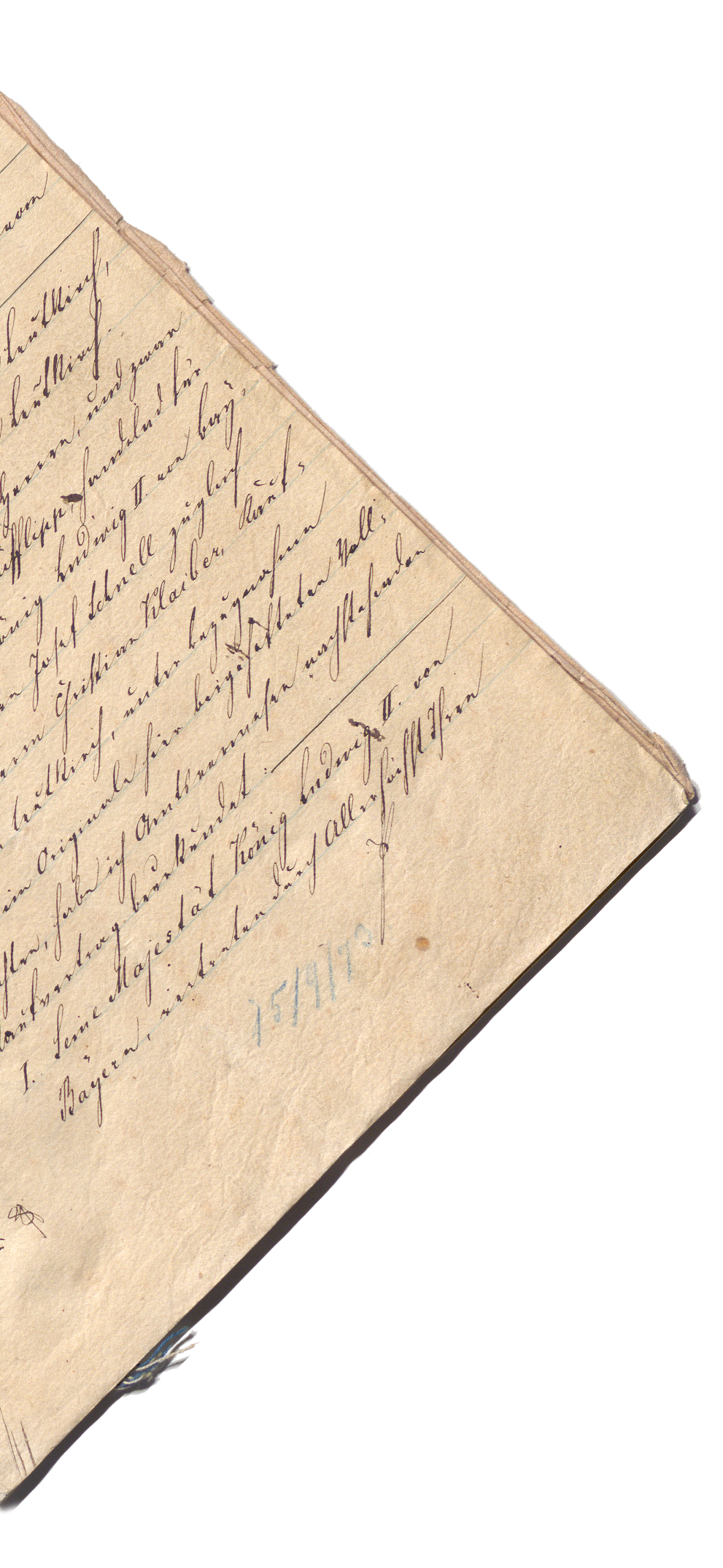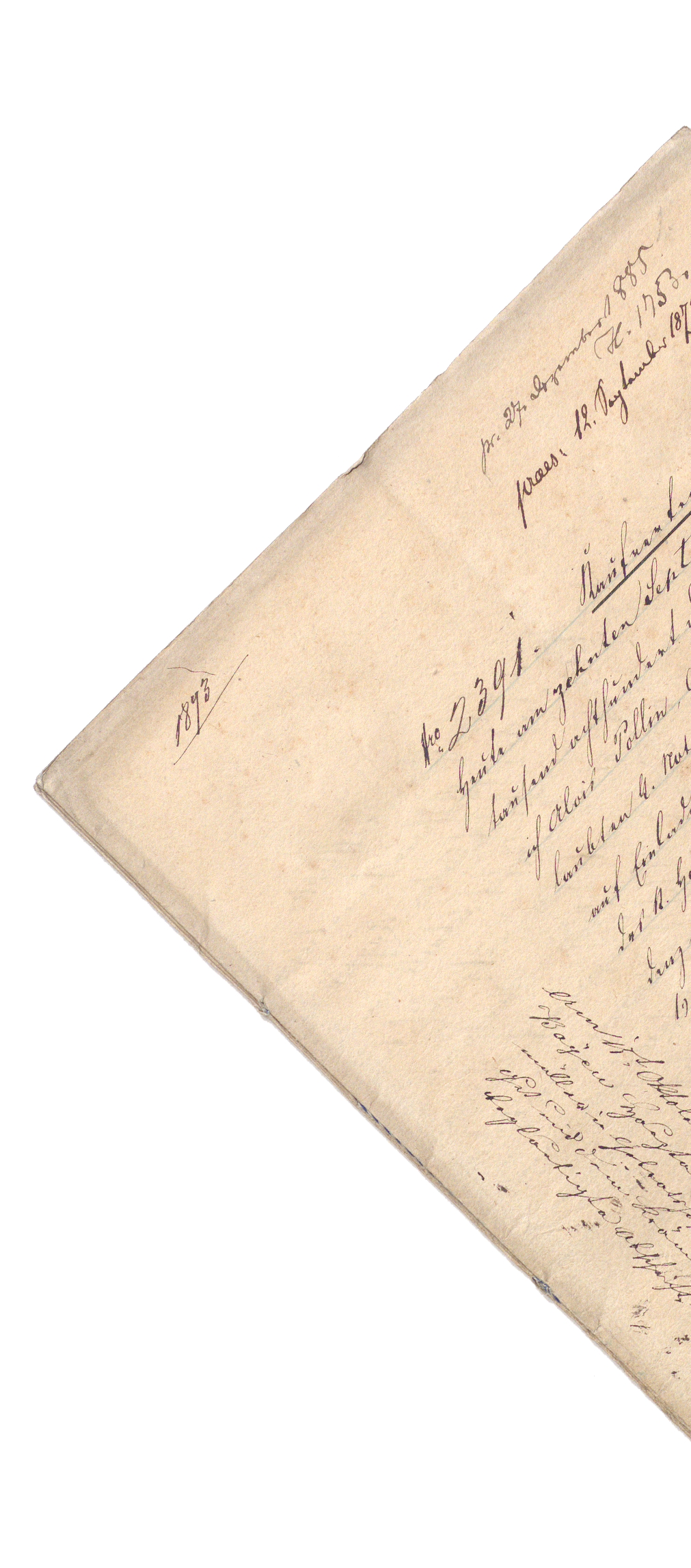
1541 - A verse from Erasmus’s prohibited book, the Colloquia, inscribed in the notarial volume of Notary Don Brandano Caxaro
Undoubtedly, the arrival of the Knights of St John in Malta in 1530 left a great social and economic impact which opened wide the door to a continuous influx of new ide-as, customs and traditions and created a cosmopolitan environment. By the mid-sixteenth century, the humanistic movement was at its peak in Europe, and Malta was no exception. Foremost among those who practised, taught and disseminated these Reformist ideas, which the Catholic Church regarded as heresy, where also priests like Notary Don Brandano Caxaro who ended up before the Inquisition tribunal at least twice. In 1563 he was found guilty of spreading heretical teachings and was giv-en a sentence that stripped him from most of his privileges, including any income derived from ecclesiastical benefices. He was also prohibited from carrying out his duties as a priest and as a notary.
From the depositions given during the various cases heard at the Tribunal of the In-quisition it becomes evidently clear that these Reformists used to read and discuss the Holy Scriptures together with other prohibited works like those of Luther, Melanch-thon and Erasmus. Ever since the end of the fifteenth century, Erasmus’s books, espe-cially the Colloquia or Dialogues were used as textbooks. Up to 1553 around 12 in the series of these books were issued until eventually these totalled about 50. Malta also formed part of this dissemination of new ideologies as can be verified from the multiple depositions made by witnesses before the Inquisitor. These testified that such prohibited literary works were read in grammar schools and that these were also discussed during secret meetings held purposely for this aim. The impact of such ide-ologies on Notary Caxaro may be seen from his notarial registers where, at times, he used to insert phrases taken from these works. Such is the case in a register dated 1541 where he left for posterity a verse from Erasmus’s Colloquia which reads: “Am-aracus ait abstine sus no tibi spiro”, meaning, “the marjoram said to the pig, go away, I do not breathe for thee”.
Source: Notarial Archives Malta, Notary Brandano Caxaro, R 175/8, f. 1 (1541)
1565 - Testimony of the notary Giacomo Baldacchino concerning the Great Siege of Malta which took place on orders of Suleiman the Magnificent
Various notarial deeds found in this volume of notary Giacomo Baldacchino were drawn up between May and September 1565. This short period roughly correlates to the Great Siege of Malta when, on orders of Suleiman the Magnificent (ruled 1520-1566), a large Ottoman fleet attacked and besieged the island which was governed by the Hospitaller Knights of St John (ruled 1530-1798). These deeds give a unique account of the daily activities of a besieged community who struggled to survive against all odds. Of notable interest is the inclusion of a note by notary Baldacchino dated 7 September 1565, wherein he makes reference to the arrival of the relief force from Sicily, giving details of the Muslim and Christian forces. He also records the reaction of those besieged in the harbour city of Birgu on hearing the news that help had arrived from Sicily. Notary Baldacchino recounts that the besieged community lay “prostrate before God, while praising, glorifying and blessing the Lord God, our Redeemer, who never forsook us while seeking (his aid), sing the hymn ‘Te Deum Laudamus’ and sing the psalm ‘In exitu Israel de Aegypto’”. This eyewitness account is exceptional and rare. The 8th of September is a national holiday known as Victory day.
Notarial Archives Malta, Notary Giacomo Baldacchino R 44/8 Part II, 7 September 1565, f. 8.
1942 - Award of the George Cross to the Maltese nation
The George Cross was awarded by His Majesty King George VI to the Maltese nation on 15 April 1942 for the valour and perseverance displayed during the Second World War. The deed was published at the Governor’s Palace, Valletta in the presence of His Grace Monsignor Michael Gonzi, Metropolitan Archbishop of Malta, on 7 February 1947. The Maltese population had undergone a complete disruption of everyday life, having faced food shortages and been the target of incessant bombings by the Axis forces. The volume preserves the record of this significant part of Maltese history and that of its people.
The volume contains the enrolment of the act drawn by the Chief Notary to Government, Dr. Carmelo Farrugia. The contract is between Sir Francis Campbell Ross Douglas, Governor and Commander in Chief of the Island of Malta and its Dependencies, and Sir George Borg, Chief Justice and President of His Majesty’s Court of Appeal, “wherein King George VI being desirous that for the greater honour and distinction of the Island of Malta” grants that a representation of the George Cross proper is placed on a canton azure to be borne for the Island of Malta and its dependencies upon seals, shields, banners or otherwise according to the law of arms. The volume also contains other notarial deeds, such as sales of land, reconstruction of damaged accommodation and the supply of provisions and fuel, which further preserve aspects of the past of Malta and the culture of its population.
Notarial Archives Malta, Notary Carmelo Farrugia, R 407, 7 February 1947, ff.142-152.


